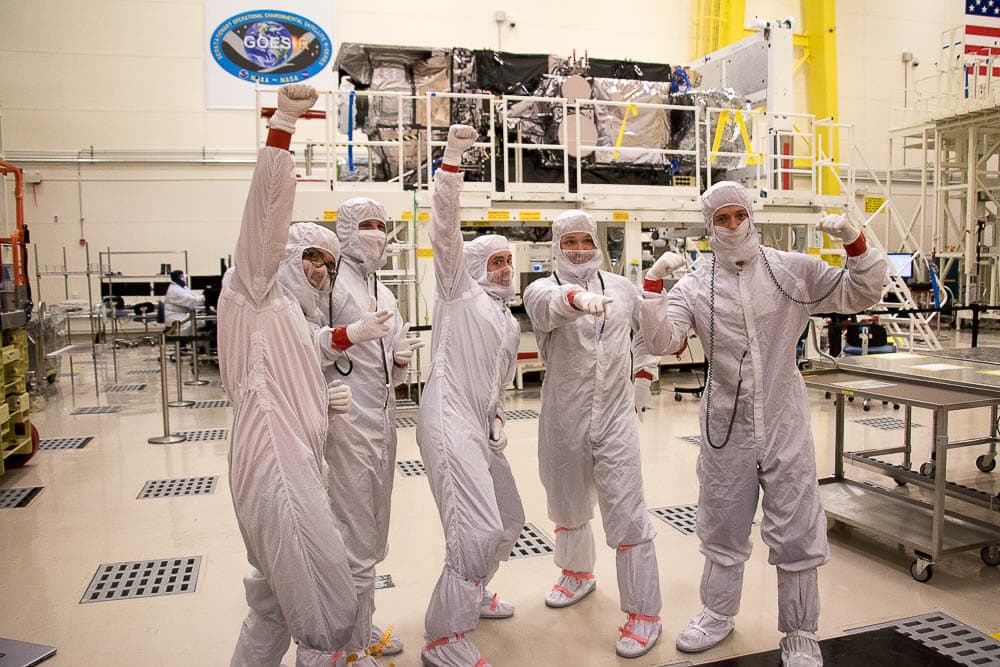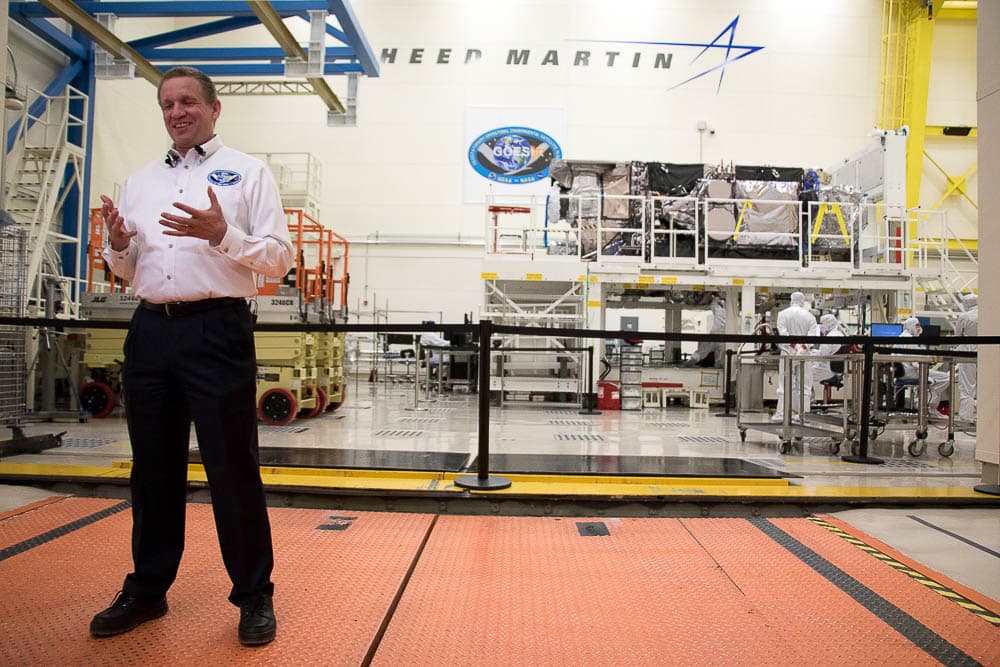
The first in a series of four new weather satellites from Lockheed Martin and the National Oceanic and Atmospheric Administration, launched without incident Saturday on a United Launch Alliance Atlas V rocket.
The GOES-R will bring faster imaging, higher resolution and other much-needed updates to NOAA's weather tracking technology, which is currently based on data from the GOES-14 and GOES-15 satellites.
But the updates won't go into effect immediately. The initial launch will take GOES-R to a temporary orbit. From there, it will take a little over a week for GOES-R to assume its permanent orbit, about 23,000 miles above the equator, according to Tim Gasparrini, Goes-R Vice President and program manager.
And it takes about six months for NOAA to run comprehensive checks on GOES-R's spacecraft and instruments. After that calibration period, the new data will be folded into NOAA's existing weather monitoring data.
So extreme weather buffs should look out for close to real-time storm updates in May 2017.

United Launch Alliance is a joint venture between Lockheed Martin Space Systems and Boeing Defense, Space & Security. The Centennial-based partnership formed in December 2006 to provide launch services to the U.S. government.
Now that they've completed another successful launch on their signature Atlas V rocket, their focus turns to the next launch for the U.S. Air Force, according to United Launch Alliance.
The Wideband Global SATCOM will launch Dec. 7 from Cape Canaveral Air Force Station in Florida aboard ULA's Delta IV rocket and will function as a communications satellite for the military.
Multimedia business & healthcare reporter Chloe Aiello can be reached via email at [email protected] or twitter.com/chlobo_ilo.
Subscribe to Denverite’s newsletter here.












